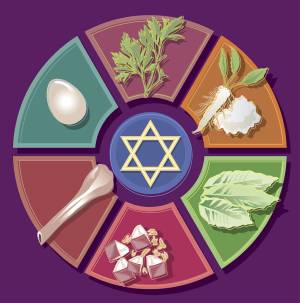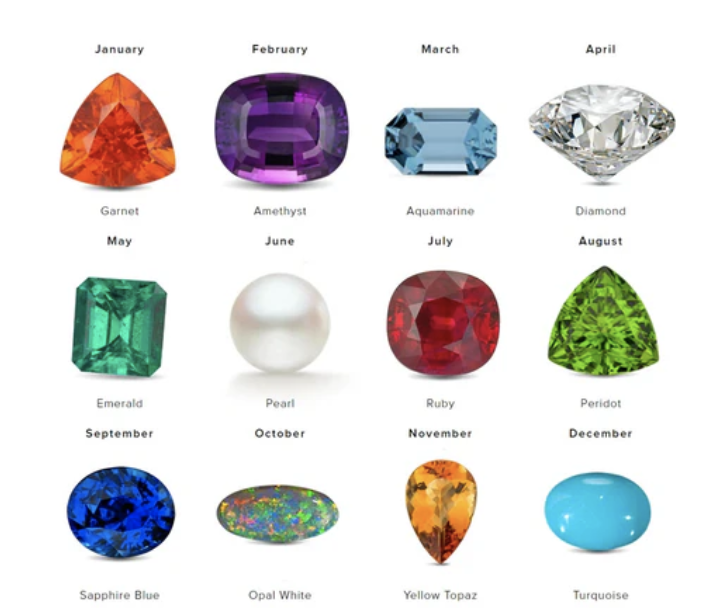Don’t Passover Passover

Photo courtesy of betamshalom.org
April 2, 2015
With Easter just around the corner and stores filled with chocolate bunnies and jelly beans, Passover is quite literally passed over. For Jewish people however, Passover is one of the most important of holidays. The Passover story, detailed in Exodus, describes how God, through Moses’ leadership, freed the Israelites from generations of slavery in Egypt. Moses called on God to afflict the Egyptian with a series of plagues, designed to force them into freeing the Jews. The final plague, and the most horrible, was the death of the first-born child of each household. In order for the plague to PASSOVER the Jewish households, blood was painted over the doorway of Jewish homes. Therefore, the Jews were spared from this suffering, but the extremity of this particular plague did induce the Egyptian Pharaoh to release the Jews from slavery.
The Israelites were forced to flee Egypt in such a hurry, there was no time to allow the bread they were preparing for their journey to rise, hence the tradition of eating matzah during the Passover meal. Other foods associated with the Seder, the official Passover meal, include the eating of bitter herbs to remind the Jews of the bitterness of slavery and the dipping of vegetables in salt water which signifies the tears of the slaves. Reclining is also something that is encouraged during the Passover celebration, a reminder to the Jews that they are no longer slaves who are forced to labor, but they can in fact enjoy their freedom and recline. Furthermore, the Seder plate is very symbolic. An egg, bitter herbs, a shake bone, Charoset, a peice of mazta, and a vegetable other than the herbs
Springtime is a wonderful season, and many cultures and religions celebrate a holiday during this time. For the Jews, their springtime holiday is a chance to remember the bitterness of past slavery while at the same time celebrating present freedom. Jenny Nagel (11) explained “for me, it’s a time to sit down with my family and loved ones and practice all of our favorite traditions like hiding the afikomen (a half-piece of matzo which is broken in two during the early stages of the Passover Seder and set aside to be eaten as a dessert after the meal) and acting out each of the plagues.”




































